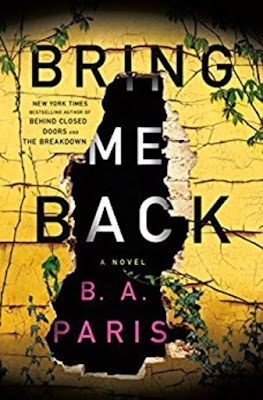232. The Remains of War by G. Pauline Kok-Schurgers
 The Remains of War: Surviving the Other Concentration Camps of World War II by G. Pauline Kok-Schurgers (US) - (Canada)
The Remains of War: Surviving the Other Concentration Camps of World War II by G. Pauline Kok-Schurgers (US) - (Canada)Pages: 186
Ages: 18+
Finished: Oct. 9, 2011
First Published: Mar. 30, 2011
Publisher: iUniverse
Genre: memoir, non-fiction, WWII, Asia
Rating: 4/5
First sentence:
In the far distance, the soft droning of airplanes grew louder, just as the sirens started.
Acquired: Received a review copy from the book's publicist.
Reason for Reading: I enjoy reading WWII memoirs and am especially interested in the Asian Holocaust.
The author was a child living in the Dutch Indies when WWII broke out. Her Dutch family, including herself and three younger siblings, lived in Indonesia at this time which the Japanese occupied and sent all Dutch to concentration camps with some initial men being sent off to work on building roads and railroads for the army's use. "Sofia", the author, tells her story of the war from a child's perspective having been nine years old at the time that they were invaded. Her dad was immediately picked up one night soon after the occupation to disappear until the war's end. The rest of the family were moved from camp to camp, each being progressively worse.
We are told of the poor living conditions, starvation rations of food, constant tropical diseases, no real medical aid, constant beatings and humiliations by the Japanese commanders, guards and Japanese-trained Indonesian guards. The whole story being told through a child's eyes makes this memoir different from others I've read on the same topic as it gives a different perspective from someone who really doesn't know what is going on in the grand scheme of things. Sofia also has to deal with a mother who has depression problems to begin with and as the war progresses she goes deep down into her own world giving up on caring for the children and doing nothing but her daily work and sleeping, sometimes even becoming delusional.
Sofia's story is her own painful recollection of the brutal Japanese atrocities of World War II. It is interesting to see this from a child's viewpoint, however, because she was not aware or did not understand all that went on and I did wish at times to have known what the adults knew that she didn't. The Japanese plan to kill all POWs before surrender is only added as a brief note in the short Epilogue and I would have liked to have known what became of the main individuals once they settled down after the war was over. I also found it puzzling that the author called herself Sofia throughout the book without explaining why when her author name is Gertrude Pauline. These issues aside, I found the book to be a compelling and gut-wrenching story that I'm glad the author finally found the voice to share.


This sounds like my type of read. Great review!
ReplyDelete